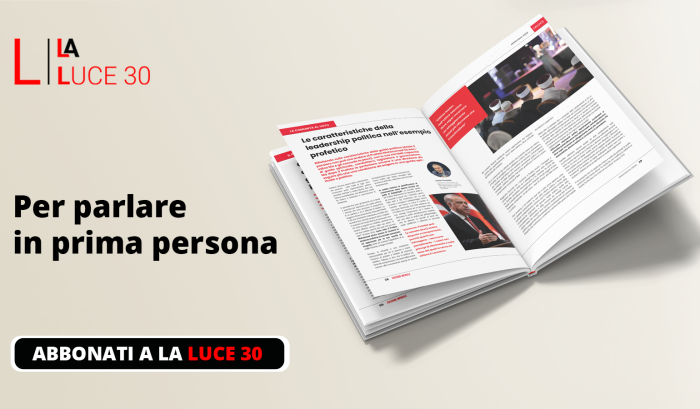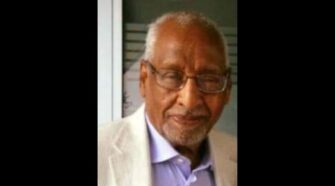The European Court of Human Rights will consider an appeal against the Italian state filed by Abu Hanif Patwery, a Bengali Muslim residing in Italy, condemned by the Italian Court because his association hosted Islamic prayer in Milan.
The appeal could finally raise the urgency of a law on the right to worship that would fill the current regulatory vacuum, especially when concerning religious buildings.
The case
An appeal to the European Court of Human Rights was filed by the lawyer. Pier Francesco Poli on behalf of Mr. Abu Hanif Patwery, a Bengali citizen residing in Milan, who had been sentenced to 6 months in prison and a 9,000 euro fine as president of an Islamic association in Milan that hosted the prayer. The European Court found the appeal admissible.
In Italy the Islamic community is the second largest religious community in the country and Muslims are around 2.5 million of which 1 million are Italian citizens but up till now the right of worship is not fully guaranteed.
The mosques recognized are 5 in all, while it is estimated that the informal prayer rooms are more than 1000.
The destination for worship is often not granted and praying where there is a different urban destination constitutes a building abuse, criminally punished, therefore praying becomes a crime.
Among the often disputed building abuses is the creation of spaces for ablutions, which Abu Hanif Patwery is accused of. The penal responsibility for the urban violation falls on the president of the association in whose premises prayer is allowed and for this reason Mr. Patwery has been sentenced. Both the Court of Appeal and the Court of Cassation rejected the appeal against the sentence of the Court of Milan.
The appeal to the European Court, on the other hand, passed the first admissibility check, a step that about 90% of the appeals do not pass. With regard to this subject, the put in appeal also cites a previous European Court pronouncement on a similar appeal filed by Jehovah’s Witnesses against Turkey, so the odds seem to be in favor of Mr. Patwery.
The thesis supported in this case is that with the Italian regulatory vacuum on freedom of worship and the strong limitations in the worship buildings established by the anti-mosque law of Lombardy it is practically impossible to create a place for worshipping. This in fact denies a fundamental human right. The aggravating circumstance for Italy is that it can lead to the criminal conviction of those who put into practice solutions to make up for the serious deprivation of a fundamental freedom. The most serious offense in this case is committed by the State in violation of the European Convention on Human Rights signed by Italy.
The Italian legislation
Since the birth of the Republic, freedom of worship in Italy is theoretically guaranteed by art. 19 of the Constitution which explicitly speaks of individual and collective freedom, which can be exercised in private as well as with public visibility. In practice, however, there is no rule that makes this fundamental right concrete and consequently in our country there is no answer to the question: what must be done to build a mosque? The problem also affects other minorities but numerically the issue occurs mainly for Muslims.
The concrete problem
Everywhere in the country, to make up for the concrete impossibility of creating places of worship, Muslims perform their prayers in associative premises. Whether the prayer is the main activity or not, municipal authorities often contest the use of the premises for activities that are different from the intended urban use. The dispute regarding the spaces for ablutions would disappear once the appropriate intended use was obtained, which would open up the possibility of carrying out what is necessary for worship.
It is assumed that Muslims are not there, or that not allowing the building of mosques, would push them to abandon their worship. But Muslims are there, they pray, and they can be persecuted for this at any moment.











